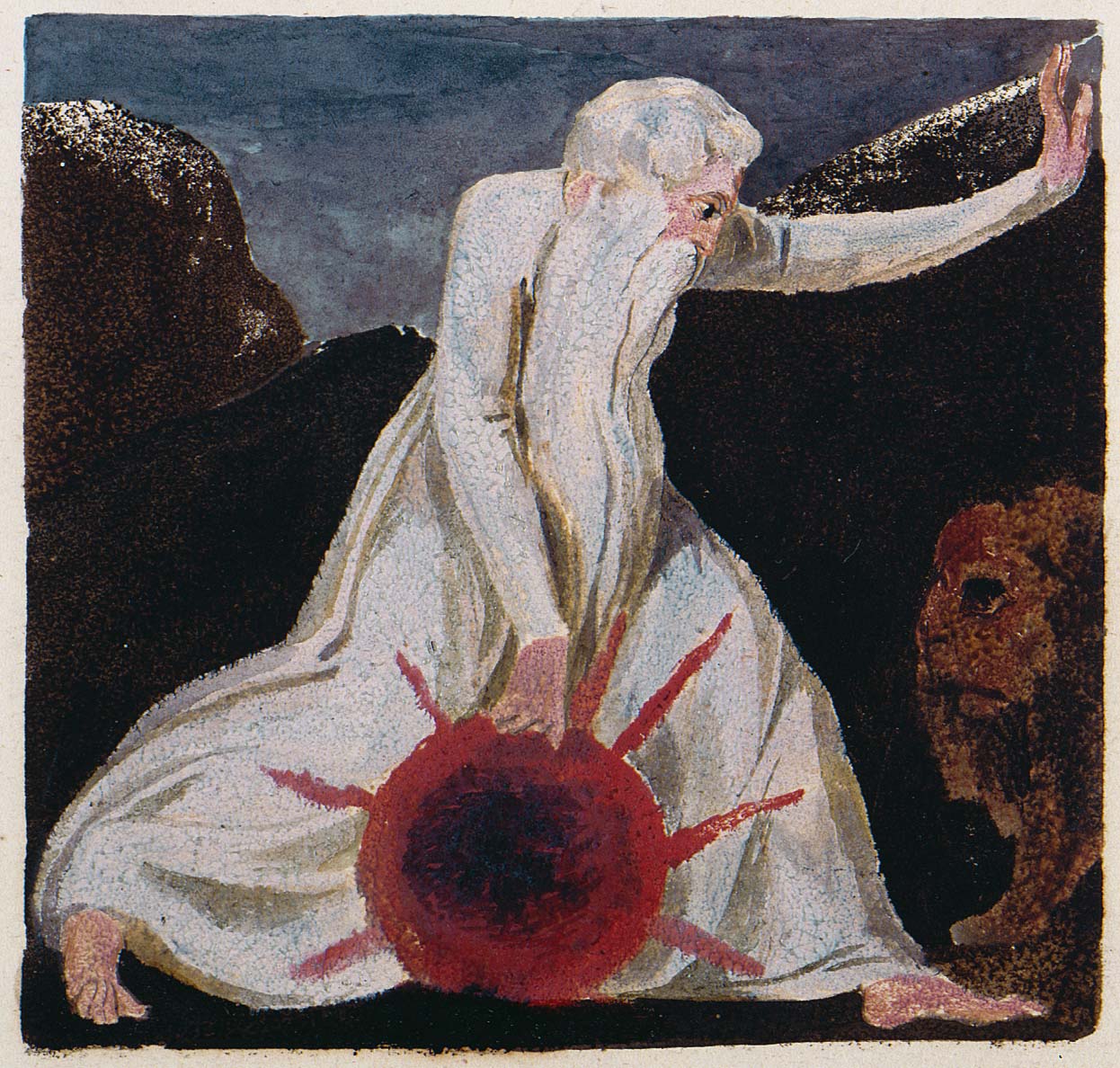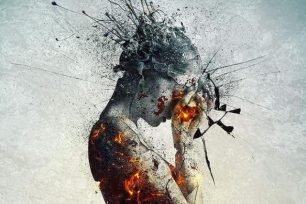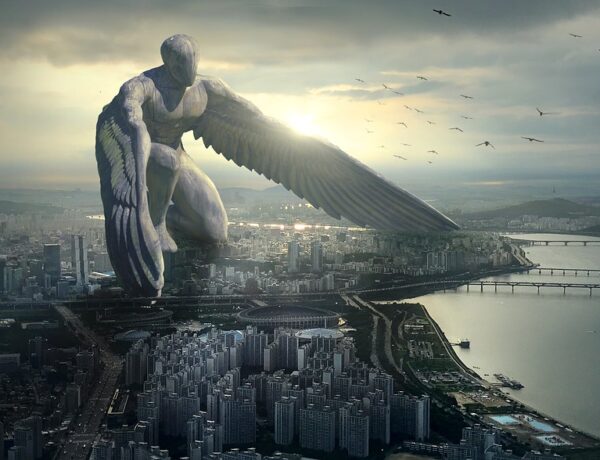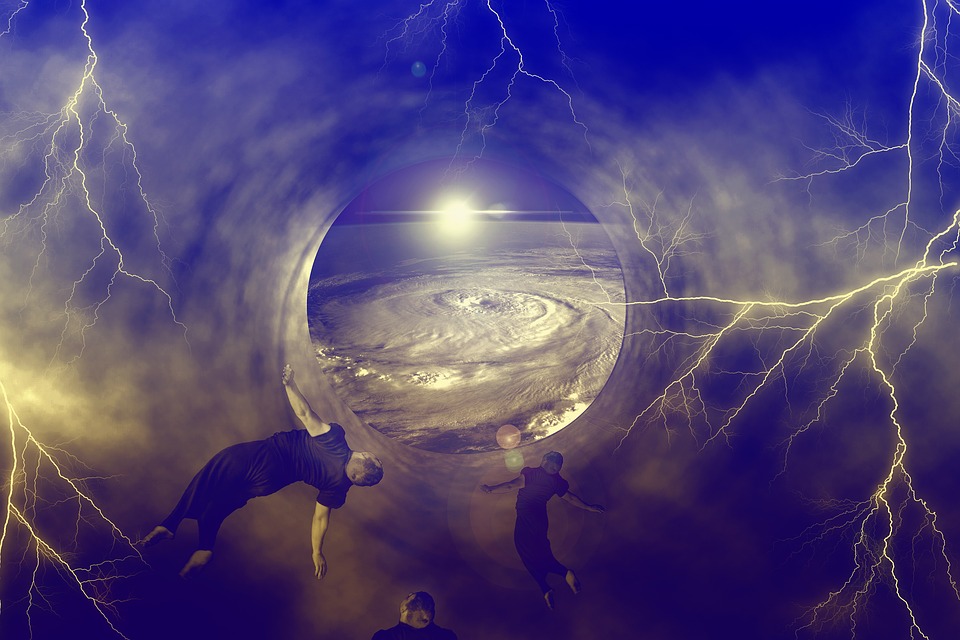Taking leave of fake news
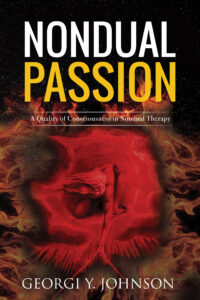 There’s no point crying over spilled milk, yet the purpose and passion of these pages is to show you that there is. Our aim is to transmit something of the tremendous benefit available to all of us, when we manage to release some of the limitations we have around passion. Our refusal to cry over spilled milk is one of these. Our crying has no purpose, we are taught. It’s redundant because it can’t un-spill the milk. It’s senseless. Yet our crying has its own point, it is its own expression of loss, inseparable from all losses. The demand that we repress our pain is installed and updated by social norms. These unwritten codes of limitation and lack refute, pollute, and mute the naturalness of passion.
There’s no point crying over spilled milk, yet the purpose and passion of these pages is to show you that there is. Our aim is to transmit something of the tremendous benefit available to all of us, when we manage to release some of the limitations we have around passion. Our refusal to cry over spilled milk is one of these. Our crying has no purpose, we are taught. It’s redundant because it can’t un-spill the milk. It’s senseless. Yet our crying has its own point, it is its own expression of loss, inseparable from all losses. The demand that we repress our pain is installed and updated by social norms. These unwritten codes of limitation and lack refute, pollute, and mute the naturalness of passion.
It all begins with debasing, vernacular catchphrases that coerce us as children into becoming small, inconsequential, and limited. It is a disowned semantic packaging passed from generation to generation, disguised as protective and yet crippling to the mind, heart, and health. Like all conditioning, it talks through nonsensical idioms, consensual “realities”, shadowy threats that we trusted – out of a longing to belong. We signed up to this system long before we could read the small print disclaimer disowning our brilliance. We got committed long before we knew that it would all end in tears.
“He thinks the sun shines out of his ass.” This is a British expression which is at best humorous and at worst outright cruel. It’s often used against someone who is passionate and alive with a mission. When he comes with a novel and brilliant idea, the admonishment can be: “Don’t make waves,” or “Don’t rock the boat!” When he moves with esteem and without social fear, we will say he is “full of himself” and that he “think he owns the place.” Pride comes before a fall as such people are condemned as “cocksure” or “big-headed” and “full of airs and graces.” They are: “too big for their boots,” and they think that: “the whole world revolves around them.” Some might say that they constantly “blow their own trumpets.”
Even if they are inspired, idealistic, altruistic, and well-meaning, it will not help, as it’s well known that: “The road to hell is paved with good intentions.”
No wonder, when we, the accuser and the accused, feel a niggling itch of life, an impulse to create or find meaning, that we sabotage ourselves and feel ashamed of the secret wish to fulfill some deeper promise. It can only be selfish and narcissistic to want to be seen in the uniqueness of all we are. It’s grandiose and attention-seeking. Just the scent of it is asking for a good whipping, if not from the inner critic, then from the society of norms we all learned to hate and hate to love.
To use another tired idiom, the human psyche is indeed in: “A sorry state of affairs.”
Yes, it is sorry – a word derived from the Old English sārig, meaning ‘pained, distressed’, derived from West Germanic origin, from the base of the noun ‘sore’. It is a kind of addiction to a state of suffering. We feel sore that we exist, sore that we make things hard on one another; sore that we’re alive. This soreness is the apology we give for taking space and time as if being here in time and space was an offense. We are sore in our movement, sore in our eminence, sore in our freedom, sore in our truth, and sore in our passion.
Within this sorry state of affairs, we look for permission from each other to be free, and we feel both dreadful and dreaded when we’re not. Resentment grows, and our “sorry” becomes increasingly cynical. This sardonic disconnect, the suffering of which is also denied space, time, and permission, curdles into depression. Even the soreness gets sour. I’m so sorry that I’m sorry.
The depression, which was at first a feeling, in time becomes the lack of feeling, until at a certain stage there seems to be nothing there at all except a vaguely irritated boredom and perhaps some TV induced fantasy. From head to tail, from face to the place where the sun don’t shine, we get numbed down, dumbed down, and messed around.
How would it be to really make waves, or to rock the boat without fear of capitulation, launching head-first into the river of life? How would it be to find ourselves free of the tyranny of the soreness of being, and to feel suddenly suffused with wondrous airs and graces? To notice that the sun shines brightly, unashamedly out of the ass; to know that you own this place; to be sure of your cock and to feel the bigness of your head, while standing in tight boots with the surefire knowledge that the whole universe is revolving around you, as you blow your own trumpet and pave a road to heaven or hell – or wherever is needed – with the pure gold of good intention?
How would it be to return to the playground of pure possibility, Passionately alive and free?
To unlock and release the potential of the passion that can rise and move through all that we are, we need to reclaim the blueprint of the prison. Between states of boredom, resistance and depression, and the distractions of afflictive patterns, we need to find the cracking points. We need to let our pain be the fire of passion – moving from the helplessness, lack, and missing, to fury, vengeance, and the most outrageously embodied love for life.
For better or worse, through brimstone and fire, we need to get Passionate about liberating the tidal power of passion. The truth of our pain feeds the fire of our passionate becoming.
There is no point crying over spilled milk, except for when there is.
“If you’re always trying to be normal, you will never know how amazing you can be.”
Maya Angelou

